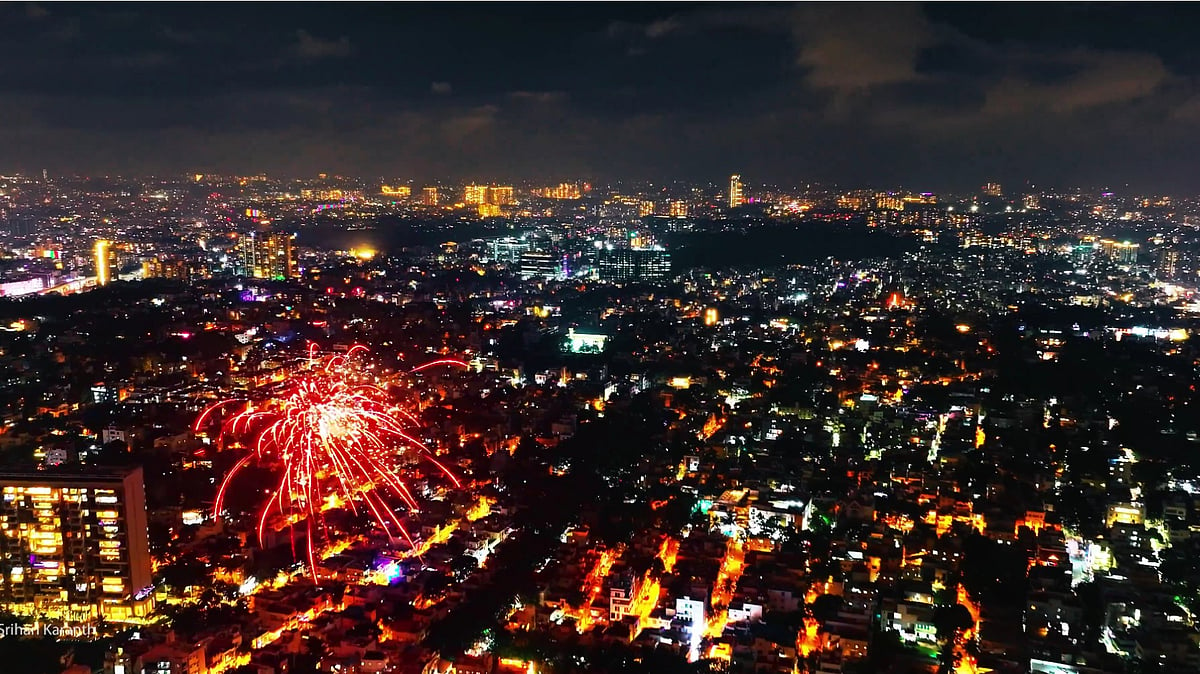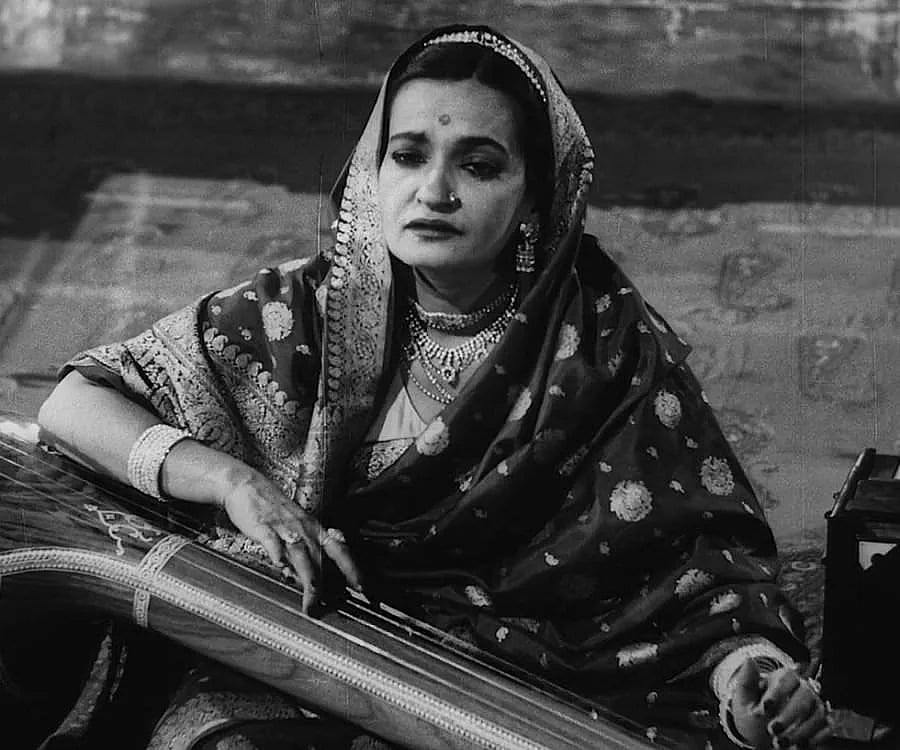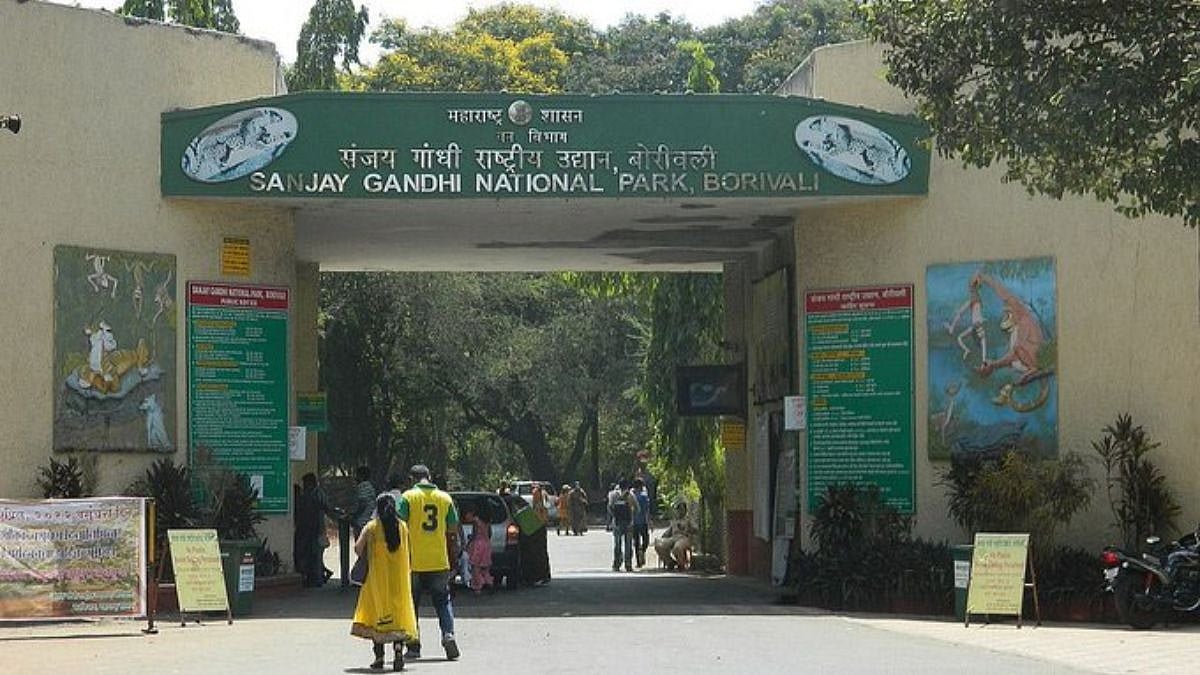British Prime Minister Boris Johnson, otherwise a non-serious kind of a leader did well not to remonstrate even mildly India’s stand on Russia’s war against Ukraine. Here on a two-day hurriedly arranged visit, he seemed keen to please the hosts, particularly Narendra Modi whom he called his 'khaas dost' (a special friend). Johnson, a fierce critic of Putin whom the latter has now barred from entering Russia, appreciated the why and how of India’s stance. We berated Moscow for breaching the territorial integrity of a sovereign nation but, unlike most other nations herded by the US into an anti-Russia grouping, we refrained from voting with them, instead choosing to remain neutral. Anyway, Johnson too could not have ignored the factors behind our decision to chalk out an independent line on Russian aggression. Doubtless, the big takeaway from the short and snappy visit, which on the first day saw him in Gujarat, increasingly a regular fixture on the itinerary of visiting dignitaries, would be a trade agreement. Having led the Brexit campaign, arguing that once out of the EU it would allow Britain to enter free trade agreements with several countries, Johnson pushed for an early agreement on Enhanced Trade Partnership. He tentatively set the coming Diwali as the deadline for clinching the deal. Despite his enthusiasm, the timeline is optimistic. Economic bureaucracies take years to finalise such agreements. The one India signed recently with Australia took nearly a decade. Anyway, the two countries should now show dispatch in sorting out the glitches for freer trade, especially given the close ties between the two people. Indians have a close affinity with their former colonial masters. Indeed, Indians from a certain socio-economic background would find more acquaintances in Oxford Street, London, than they would in say, Connaught Place, Delhi. The large Indian diaspora acts as a bridge between the two countries. Given the high visa fees and the ingrained reluctance of the British to give visas, Johnson would earn a lot of goodwill, should he lower these artificial barriers against free travel. Bilateral ties can be further enriched by greater cooperation in advanced technological, defence, scientific R and D, and climate-change spheres. Having been forced to shed its imperial pretensions, Britain is now a much-reduced power, though it seeks to make up for it by being a willing adjunct of the US. Indo-British friendship is predicated on an independent footing and can grow from strength to strength given the shared concerns about an aggressive China and its menacing eye on the Indo-Pacific.
Boris Johnson's push for a free trade deal
FPJ EditorialUpdated: Monday, April 25, 2022, 07:42 AM IST

Britain Prime Minister Boris Johnson (L) shakes hands with his Indian counterpart Narendra Modi before their meeting at the Hyderabad House in New Delhi on April 22, 2022. | (Photo by Stefan Rousseau / POOL / AFP)




